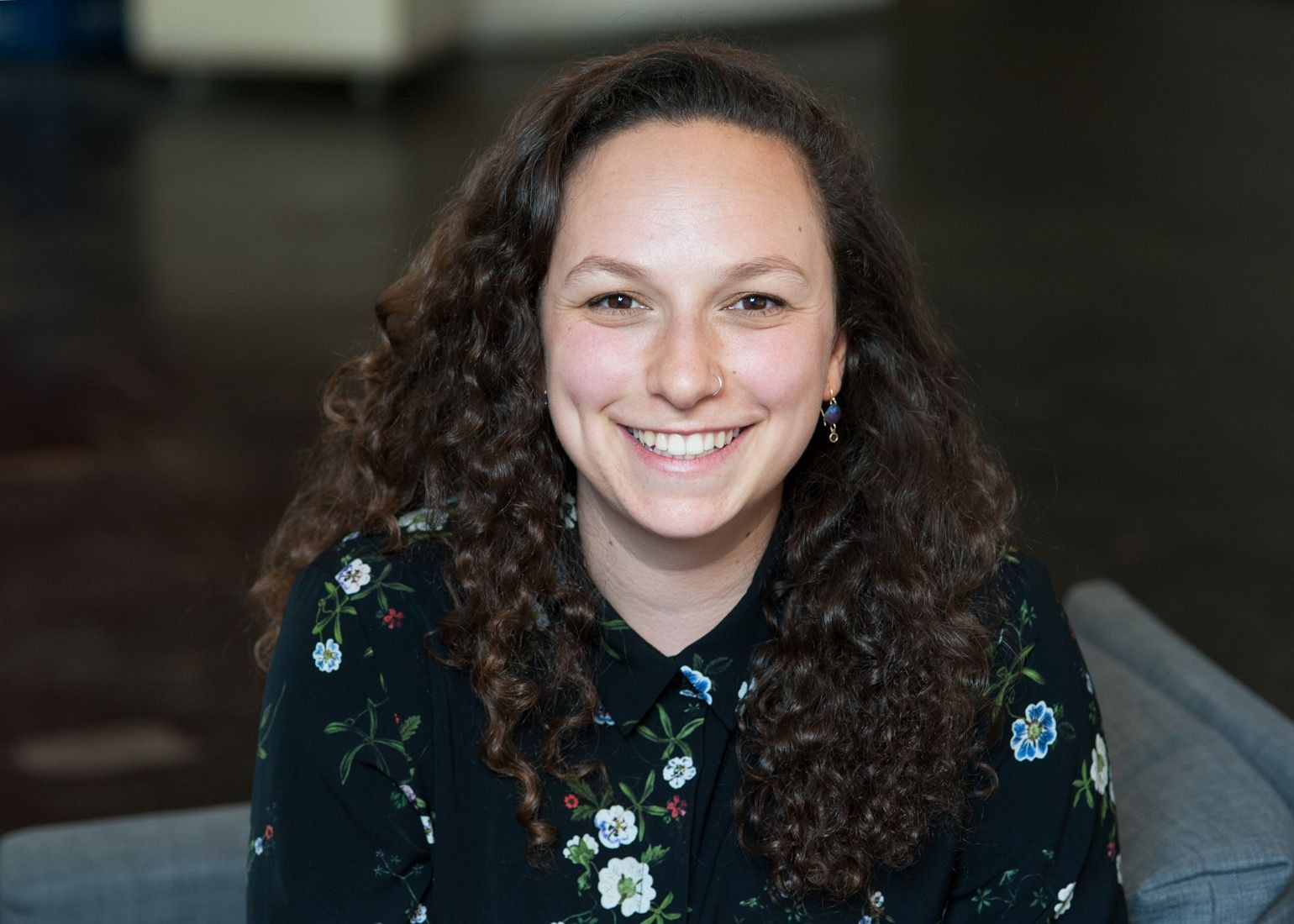
Looking for hope through your work, amidst code and chaos
In the heart of New York's predominantly Jewish neighborhood of Lincoln Square, Mia Szarvas, a passionate engineer, women's advocate, and lecturer at CUNY, navigates anti-Semitism and protests in her daily life. Amidst Middle East conflict fears, she's building a bold new women's health app, finding solace in her work's purpose.
Before the conflict erupted, she decided to join Pario Health as its founding engineer in March of this year. Pario Health is, as Szarvas calls it, a “women's health startup,” helping midwives to better connect with their patients with an app that tracks their data and allows for a better flow of information.
Building this app has been a daunting task for Szarvas, who has a background in data visualization and a degree in Conservation and Resource Studies from the University of California, Berkeley. She thinks that “women's health is a really great place to make an impact because it's been so neglected”.
A global issue, as the UK government also noted in a press release that “there is evidence that the impact of female-specific health conditions such as heavy menstrual bleeding, endometriosis, pregnancy-related issues, and menopause is overlooked.”
After talking for a bit, her passion for her work becomes evident. "I've always wanted to build something, and being part of a startup that's doing social good is really inspiring to me," Szarvas shares.
Having joined a small team of three – Szarvas, the CTO, and the CEO – they embarked on the challenging journey to develop an Electronic Medical Record (EMR) system. Szarvas lights up as she humbly but proudly recounts their recent milestone: the birth of the first baby helped by a midwife using their product. The stakes are high, she acknowledges, as an error in their system could have serious consequences for patients.
The startup's ambitions extend beyond the technical intricacies of information sharing. Their vision includes supporting midwives, a growing sector in the US, throughout the whole process and improving birth experiences. "What drives me is that maybe we can actually improve the patient experience and health outcomes, hopefully," she says.
The challenge of building this app became even more profound for her when the conflict in the Middle East reignited recently. Friends and family of Szarvas were among the victims of the attacks, and she knows many people who are on the frontline at the time of the interview.
Szarvas reflects often on the resilience of her family in the past, during the hardships of the Holocaust and the many difficult years since. She draws strength from their resilience. “My grandma escaped the Nazis. (…) If she can do it, I can also persevere.”
"I think in some way, the connection [to my Jewish heritage] is just reminding me to be grateful for the moments I have," she says. In the face of adversity, Szarvas clings to the belief that finding purpose in her work can counterbalance the pain and fear that exist outside of it.
“I mean, what's more hopeful than birth, you know, it's hope for a better tomorrow.”
In the midst of international turmoil and uncertainty about the security and well-being of friends and loved ones, she says that she has to “accept the extent of power I have,” and focus on the things she can change.
As the conflict expanded and protests erupted daily in the neighborhood she lives in, she dove completely into work, focusing on the task of “basically architecting the entire front end of the application” to get her mind off the conflict.
An all too similar experience on both sides of the conflict, as Palestinians and Israelis abroad both watch in disbelief and try to come to terms as the conflict expands.
Post a comment